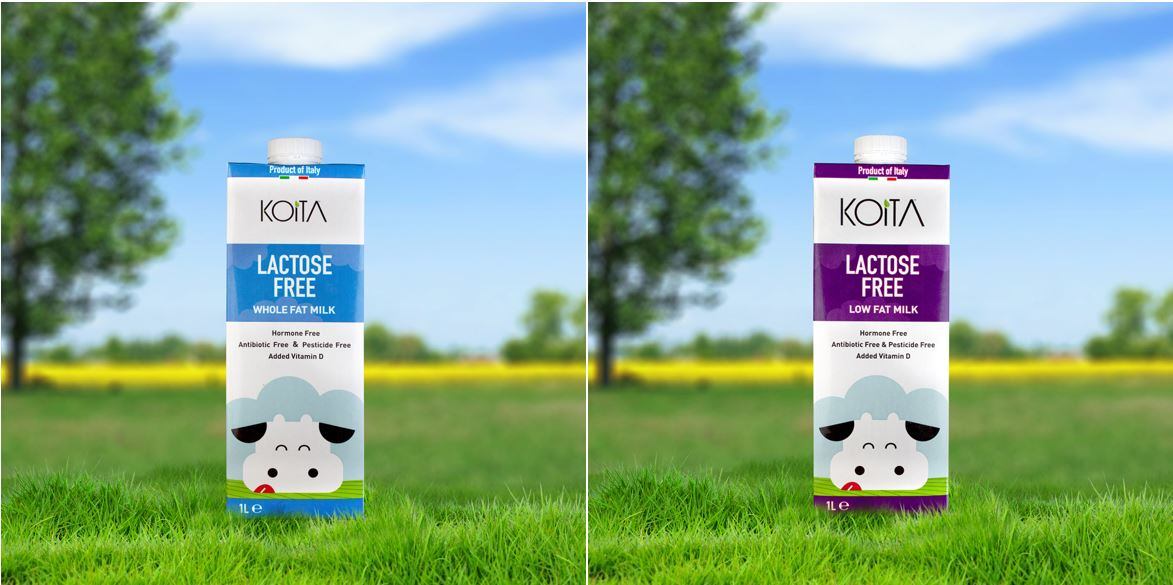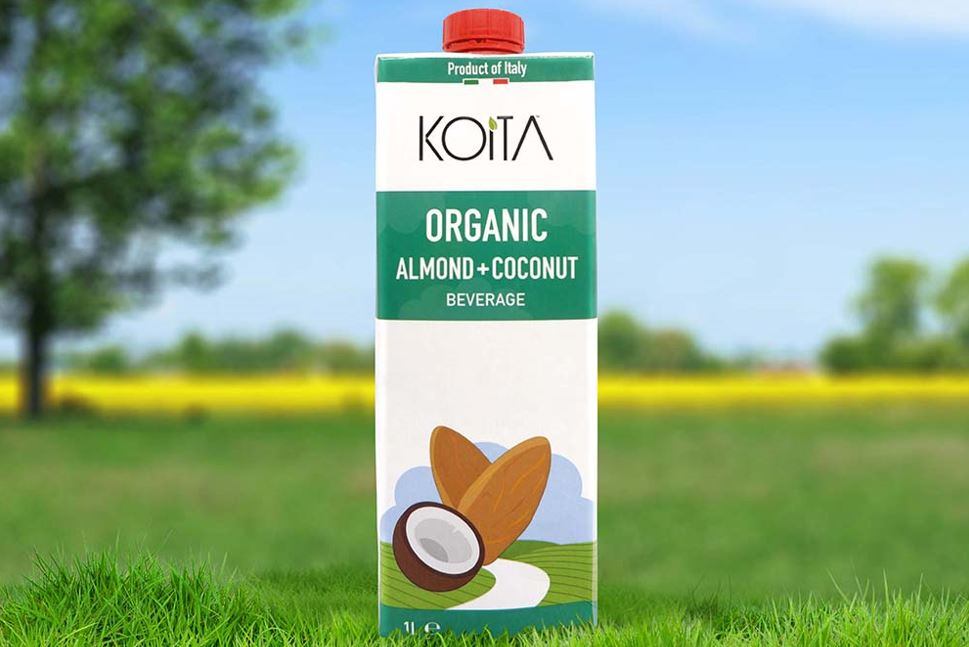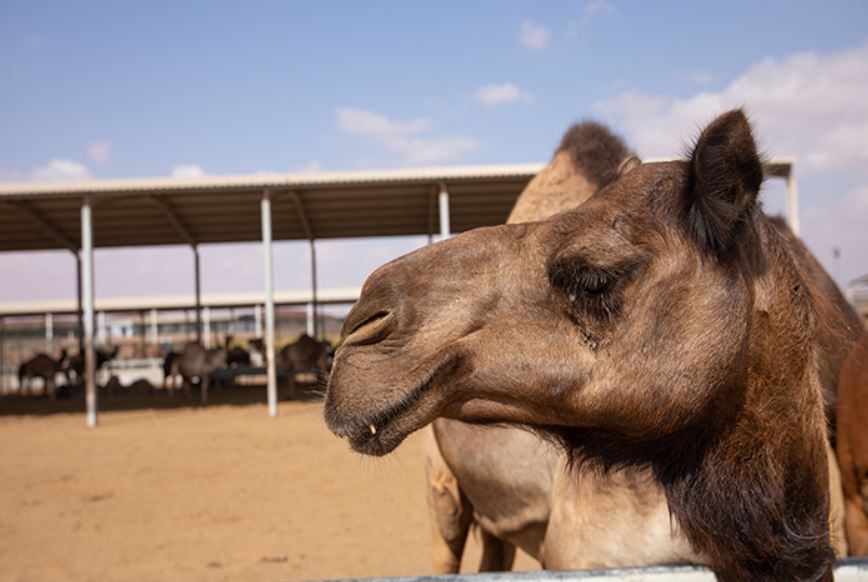Koita entered Singapore in August 2020 with its organic dairy milk and plant-based beverages. The products were initially sold on e-commerce platform such as Lazada and online grocery delivery like NTUC Online.
After gaining a foothold in the market, it is now listing in a major supermarket chain (NTUC) across 66 outlets, and is targeting convenience stores.
The next step is to bring its lactose-free range into Singapore.
Koita’s founder and CEO, Mustafa Koita said the lactose-free line was especially targeted for the Asian and African American populations who have a hard time digesting lactose.
“This SKU has done really well in Vietnam and the Philippines, and hopefully in Singapore when it gets there,” he said.
Koita products are available in Middle East (UAE, KSA, Kuwait, Qatar, Jordan, Afghanistan, Oman), Asia, Mauritius and most recently US.
Across its other markets, demand for its lactose-free milk have been strong, such that Koita is launching additional SKUs, a 200mL whole fat and a 1L skimmed lactose-free milk.
South Korea
The company had initially planned for a South Korea launch by this year, but had faced some compliance issues in labelling.
South Korea had issued a 10-stop nutrition labelling guidelines to help food businesses correctly label food and beverage items in hopes of increasing industry compliance to standards and regulations.
The firm is working on it and targeting a full-fledged launch in South Korea in Q1 2021.
According to Ali Husain, Koita’s business development manager, Asia is a region with many compliance and trade barriers, despite this, the firm was still exploring new markets.
Koita said markets like Singapore are globalised and have little barriers to entry.
“In the short term, our efforts will be more towards markets which are more globalised. In fact, we are in the process of getting government approvals from Hong Kong and Macau.”
The company is looking to work with distributors in Asia.
Halal certification
It is difficult to think of expanding in Asia without acknowledging the huge halal market.
In November, the company received halal certification from World Halal Authority (WHA) for its plant in Italy, recognising that its entire range of products are now halal certified.
WHA is an international halal certification body based in Italy with the highest number of halal accreditations and recognitions worldwide.
According to Koita, the halal certification process was expensive and time-intensive, but the firm was driven to acquire it as it had been eyeing a major market, Indonesia for some time.
“The biggest barrier to entry in Indonesia is the halal certification of our products. While our milks are halal compliant, the law by country still requires a certification of our factory. With this certification, it makes us compliant to sell in Indonesia now.”
However, halal certification is just one step. In Indonesia, other requirements have to be assessed and considered such as labour.
Read part I of Koita’s business strategy on the US market and launch of a new plant-based drink blend here.




